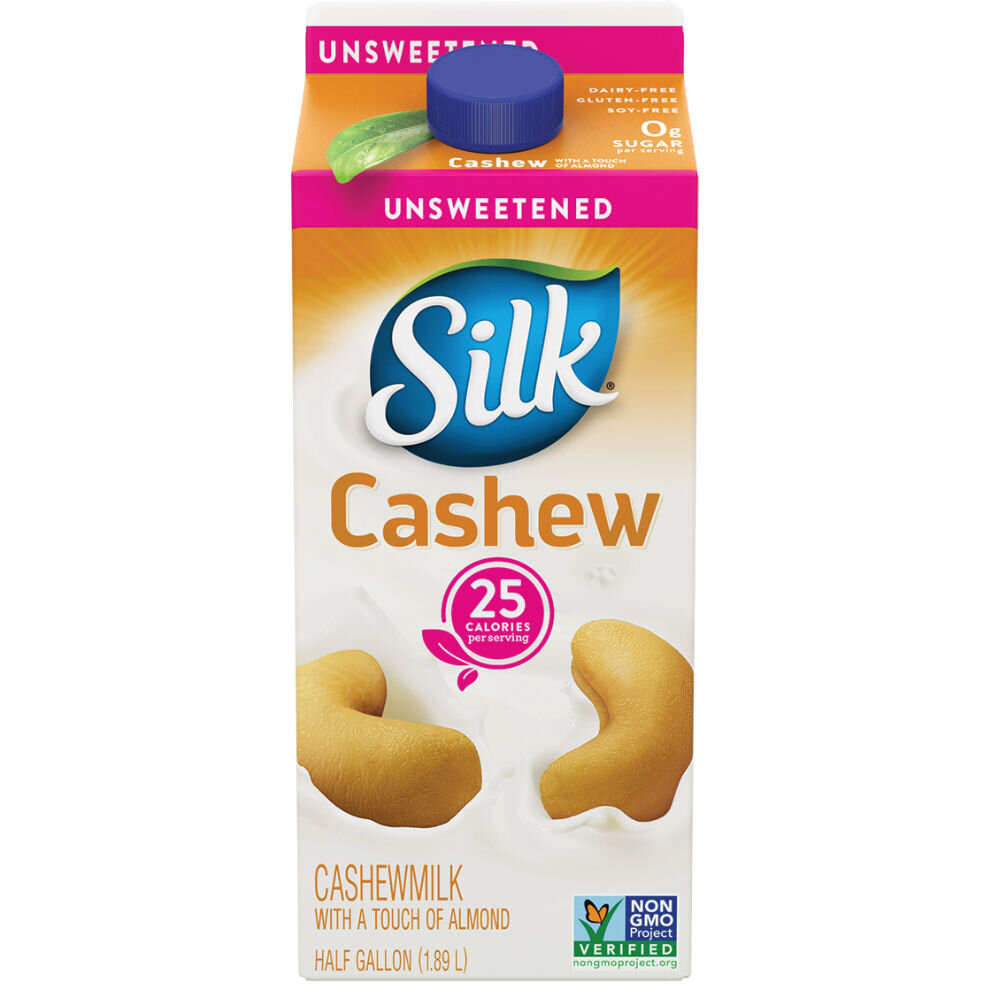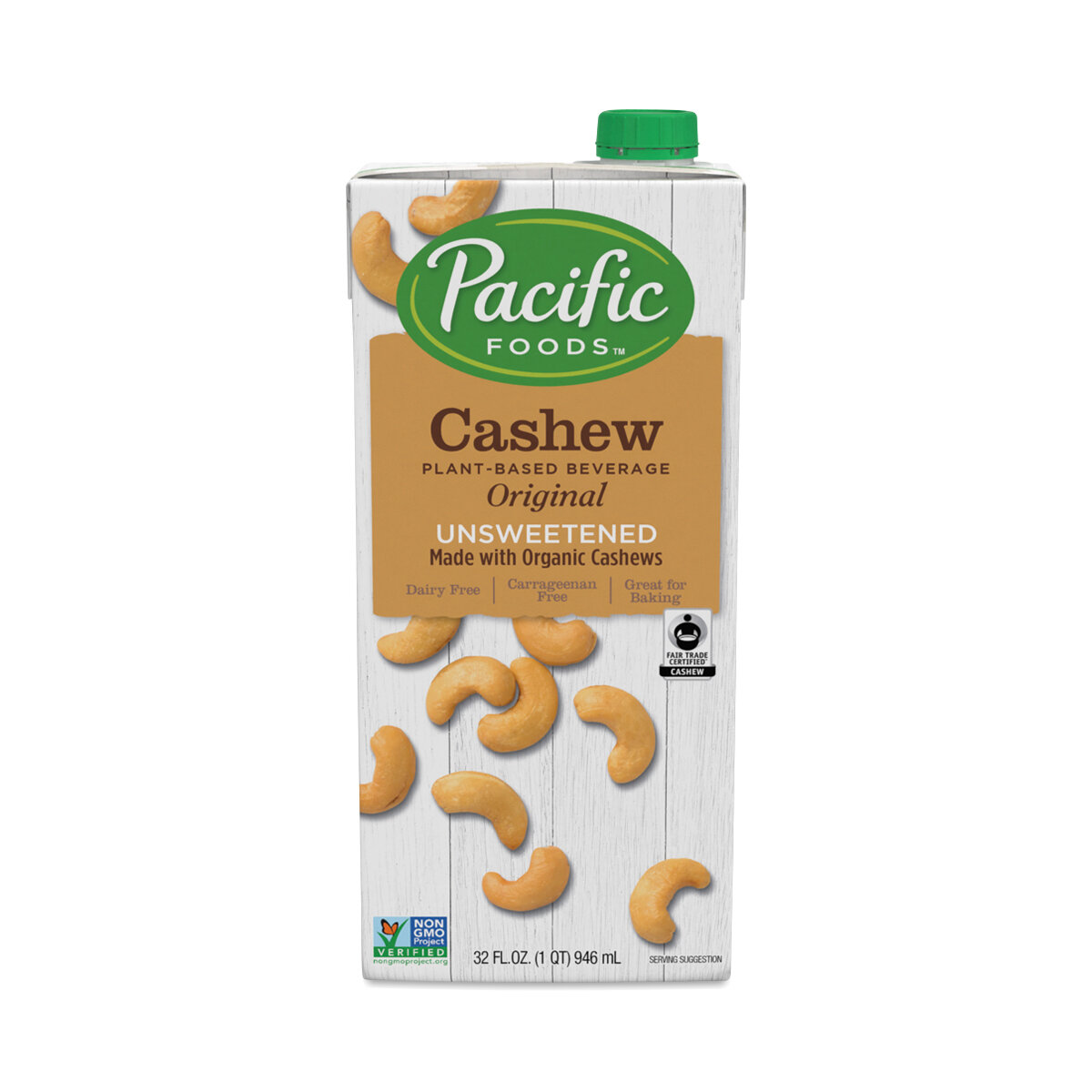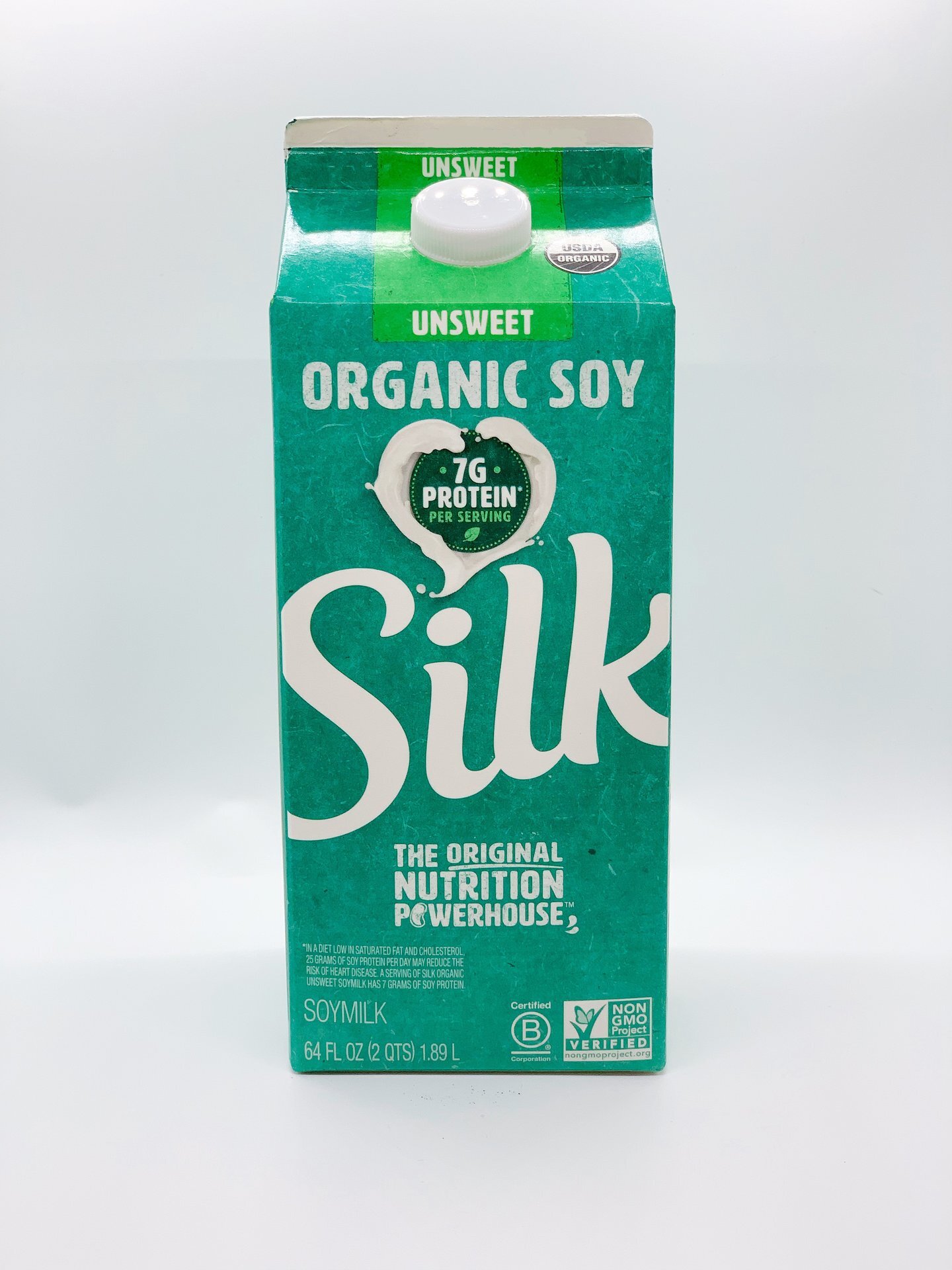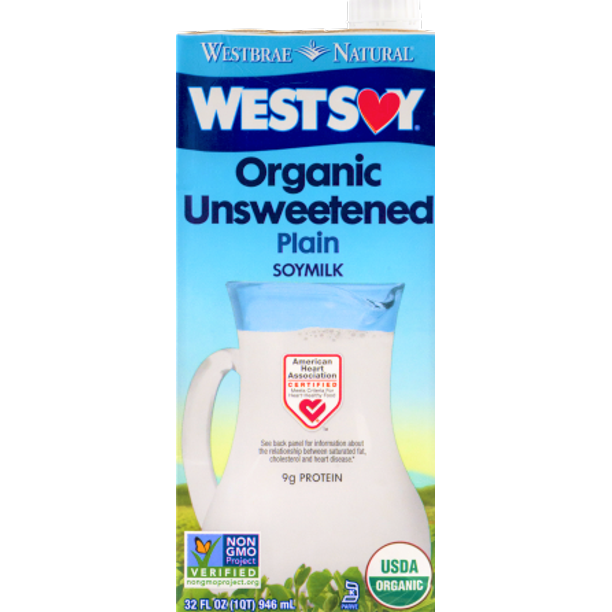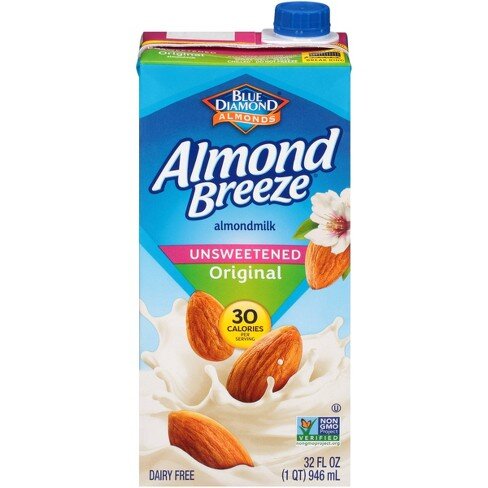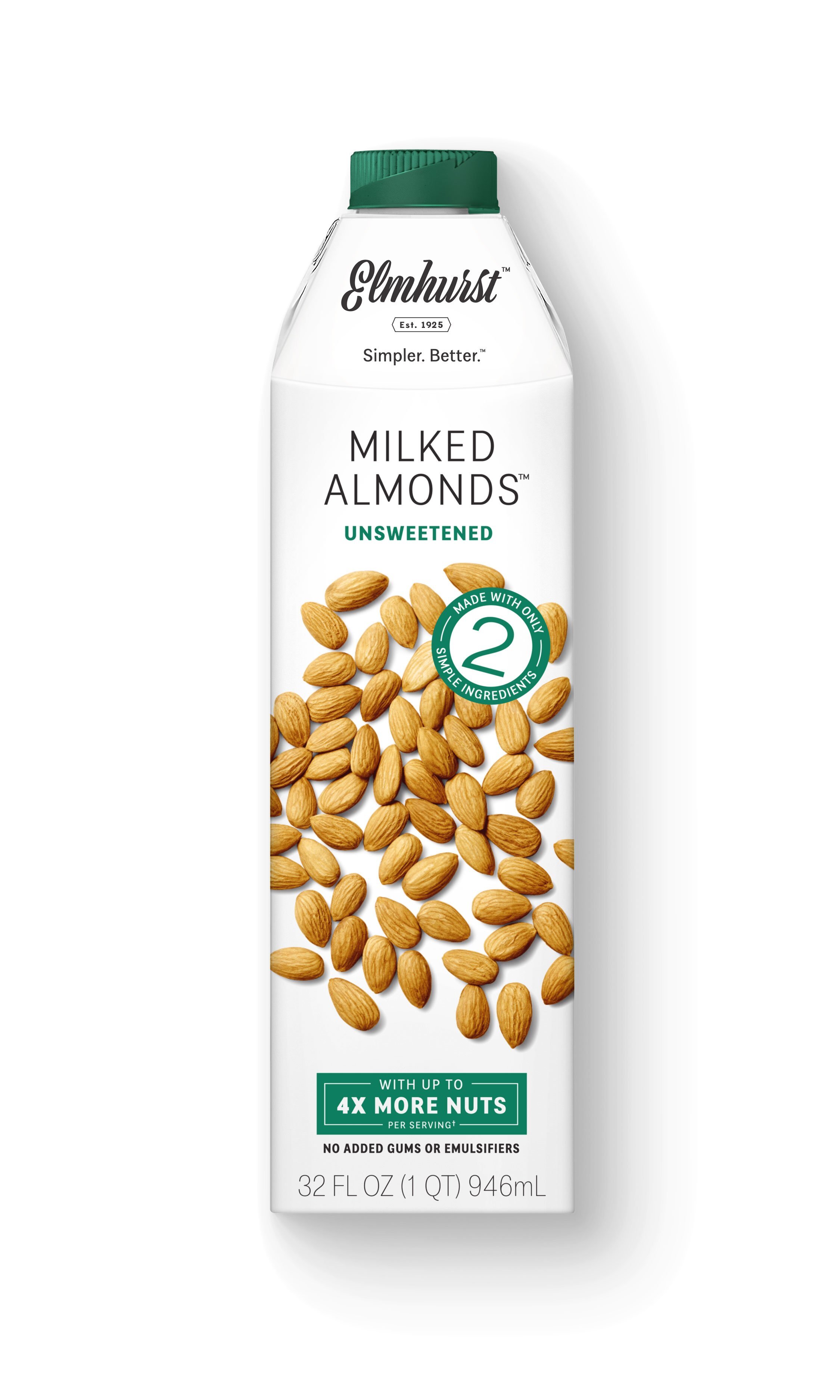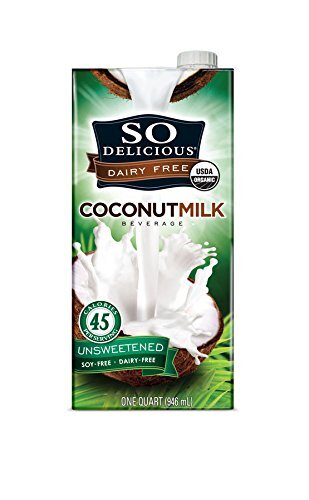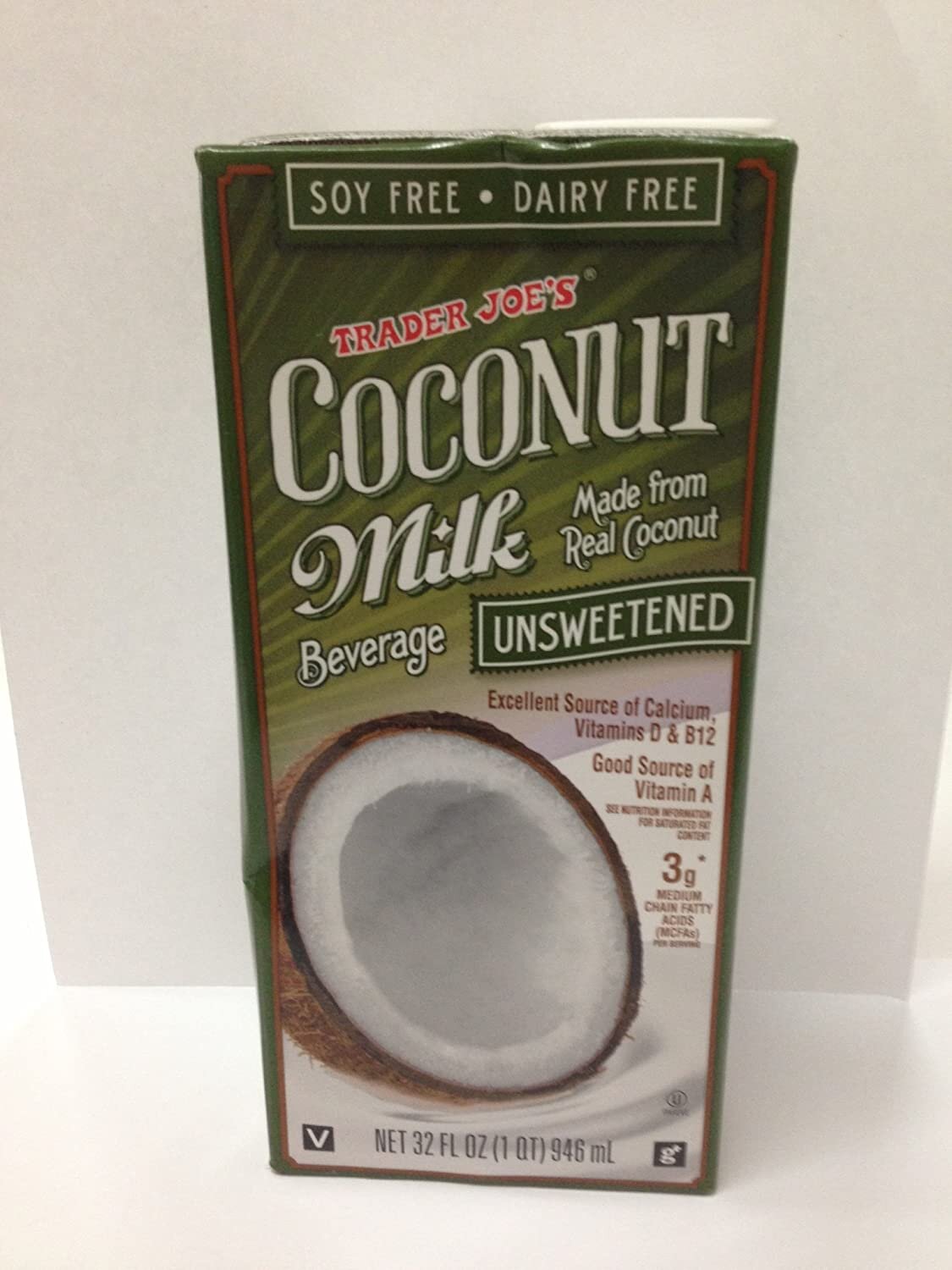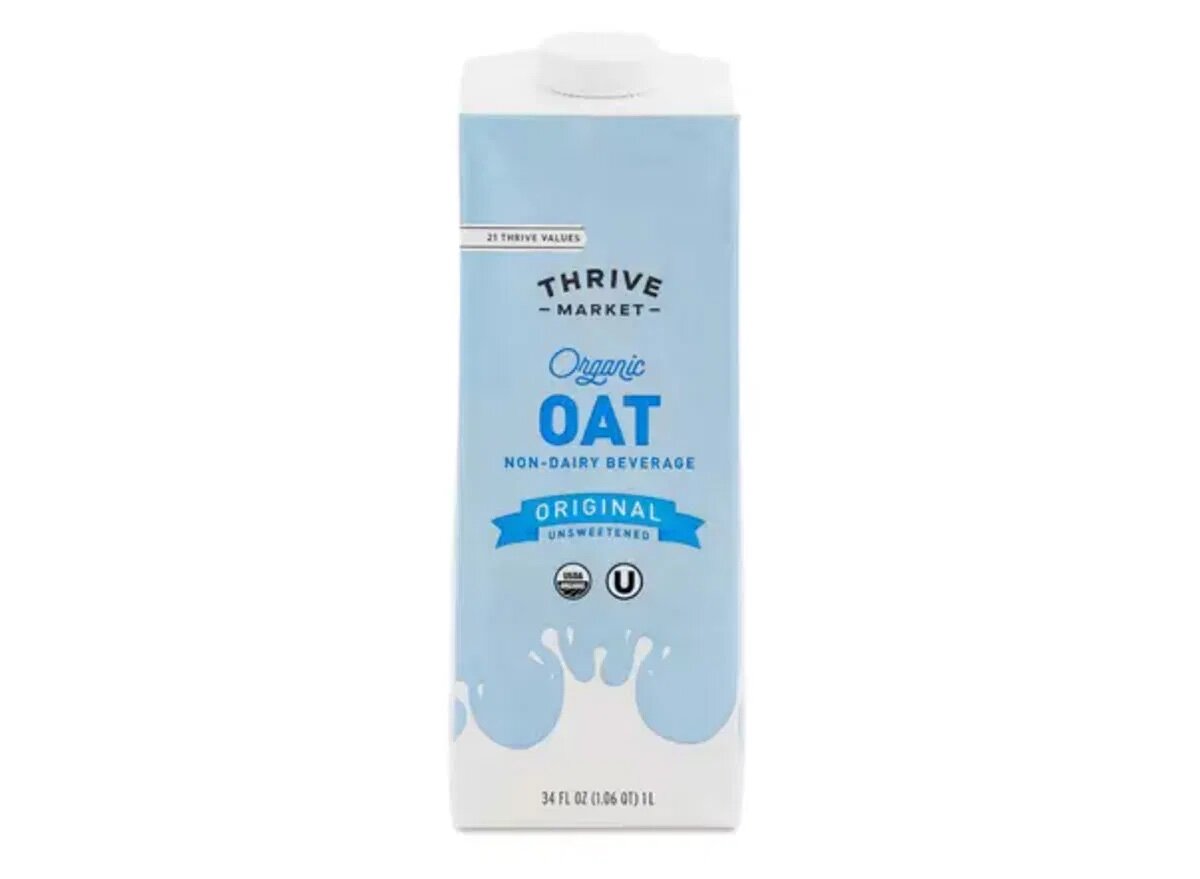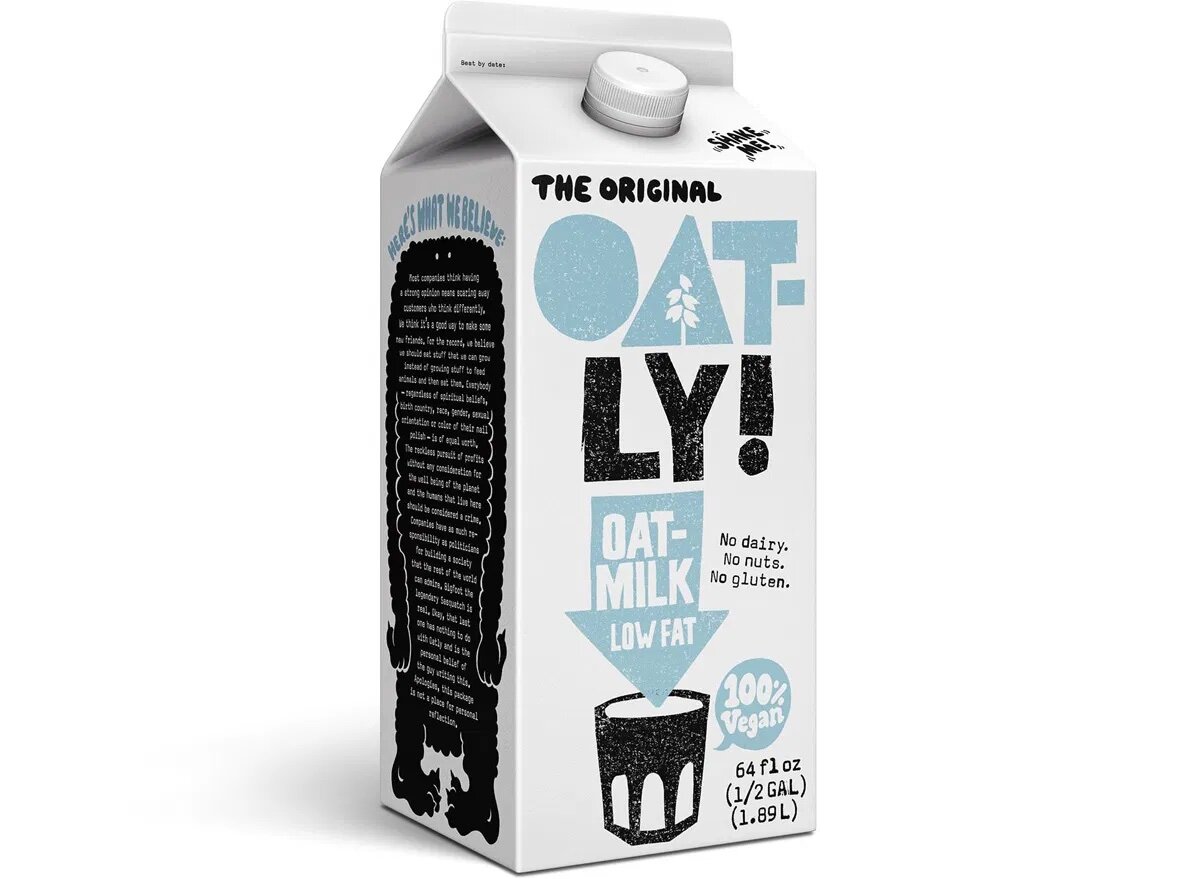Is Oat Milk Actually Healthy?
Non-dairy milk has become increasingly popular over the last 10 years and I have loved experimenting and trying a bunch of different kinds. I’m totally one of those people that love to try what’s new and hot in this crazy “health market” but sometimes we all need a little guidance on what is actually healthy or how it stacks up to other alternatives. With the food and beverage industry spending 54.2 billion U.S. dollars on marketing in 2019, it’s no wonder it can sometimes be hard to make a decision on what to buy and what is actually “good for you.” Let’s preface this blog with the fact that I am NOT a nutritionist or health expert, just someone with some free time and google (all sources have been credited). After some of my own research and taste testing, I decided to share what I’ve learned and make a blog about my favorite non-dairy milk so that you can make informed decisions next time you’re putting milk in your coffee or shopping at the grocery store!
Cashew Milk
Cashew Milk is typically 25-50 calories per serving with 0-1g of protein. It has a rich and creamy flavor and is great for smoothies because it thickens them! Being low in calories, carbohydrates, and sugar, it is a great alternative but doesn’t offer some of the nutrition benefits of some of the other non-dairy milk alternatives. (healthline.com) Cashew Milk is typically only something I like to blend with, as the flavor is a little too nutty for my preference.
My favorite brands:
Soy Milk
Soy milk has the highest amount of protein in comparison to all of the other non-dairy milk. It contains omega 3 fatty acids, calcium, vitamin D, and is anti-inflammatory but the big BUT with soy is that it contains estrogen. Health experts have debated soy for years but the general consensus seems to be that the complexity of soy and the way it can potentially bind to estrogen receptors is what makes it possibly have harmful effects. Factors that also make this even more complicated include ethnicity, hormone levels (male vs. female) (premenopausal vs. postmenopausal) and the type of soy so truly it is hard to give a one size fits all statement classifying soy as either good or bad. Click here to dive deep into a Harvard study that explains this further. Soy has about 80 calories a serving, which is more than some of the others, but it offers the benefits of being high protein and low in sugar. I personally stay away from soy, since I’m allergic to it but these are some of the healthier brands I could find!
My favorite brands:
Almond Milk
Almond milk is a super popular alternative that personally started my own journey with non-dairy milk. It’s really low in calories compared to other options, about 39 per cup for unsweetened, but it’s also low in protein at 1g. It’s a great source of vitamin E and you can find store-bought brands that are fortified with calcium and vitamins A and D. However, it’s important to point out that almond milk can contain some red-flag ingredients that I like to avoid. Carrageenan is a product that increases shelf life, which has not yet been proven to be harmful but some brands have pulled out for potential risk (in this case I say AVOID IT). Some also contain salt, gums, flavors, lecithin, and other things you may want to avoid for gut health and other reasons. Unsweetened and unflavored almond milk is definitely the best for you from a health perspective (fewer additives and sugar) and they still have great taste! As always make sure you’re checking the ingredient list (with nut milk as a general rule of thumb, the fewer additive ingredients, the better!) (healthline.com)
My favorite brands:
Coconut Milk
Coconut milk is a super delicious milk alternative but it’s not as healthy as the other choices. It’s pretty low calorie, about 45 calories a serving unsweetened, but it’s high in saturated fat. It’s low in carbs and has no protein. It’s definitely not my favorite option, because it’s not super nutritious, but it can be a good treat once in a while and it’s great to use in cooking or for a non-dairy ice cream alternative! (womenshealthmag.com)
My favorite brands:
Oat Milk
Oat milk- my personal favorite and definitely the newest craze! While it’s been around for a while, it’s currently the most talked-about dairy-free milk. It’s gluten-free and has no saturated fats but has higher levels of carbohydrates and sugar than other milk alternatives, which is typically why some may decide to avoid it. It’s not super high in protein, typically only 1g per 130 calories (1 cup serving), but since it’s made of oats it’s a filling alternative. Oat milk has high levels of iron- one serving is 10% of daily iron intake recommendations and it helps to maintain healthy cholesterol levels. Store-bought oat milk is often fortified with other vitamins, but it also can contain artificial thickeners and emulsifiers, which are not necessarily proven to be unhealthy but can be disruptive to gut health. I try to avoid too confusing or long ingredient lists and look for unsweetened, unflavored versions. Recent literature discusses that oat milk is in fact better for the planet than almond milk, emitting significantly less greenhouse gas emissions. As a general rule of thumb, it’s best to choose organic, unsweetened Oat Milk brands and to skip any “barista”varieties since most of the ones they use contain seed oils (the part of oat milk that isn’t healthy but can be avoided by diving into ingredient lists more closely). Finally, if you’re watching your calorie intake or are following a carb-free way of eating Oat milk may be something to avoid, however, I always stand by the phrase “everything in moderation.” If purchasing Oatly, make sure to find their low fat version which excludes grape seed oil. (integrisok.com)
My favorite brands:

